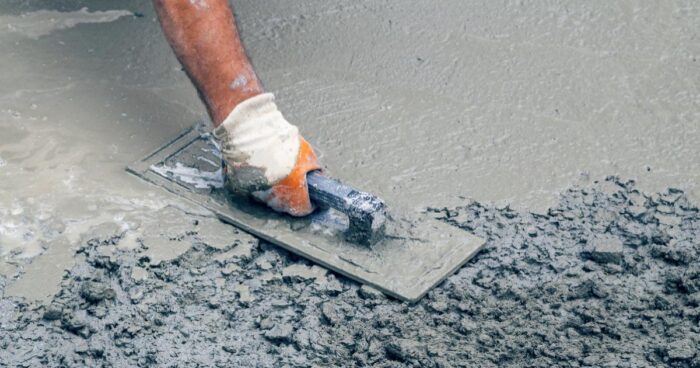
What Are the Benefits of Concrete?
Concrete is an effective insulator, meaning structures built from it require less energy to maintain temperatures and reduce electrical and mechanical runs within buildings – saving builders money in both energy and money savings.
Builders can utilize various additives to achieve specific goals. This may include retarding admixtures that reduce concrete’s rate of hydration, accelerators that speed it up and plasticizers that make the material more workable.
Strength
Concrete slabs Melbourne has long been used as the go-to material for building projects such as buildings, bridges and infrastructure. Concrete’s strength, durability and resilience make it an attractive option that stands the test of time in society’s built environment.
Concrete structures must have sufficient compressive strength to withstand crushing and cracking under pressure, and this is often measured using methods like cylinder testing in lab environments.
Consideration of a structure’s tensile or flexural strength is also of great importance. While its exact measurement may be difficult, indirect methods like splitting can give an approximate measure of its strength.
Durability
Concrete construction material offers greater longevity compared to other building materials, and reduces maintenance and insurance premium costs, saving builders money.
Concrete’s strength lies in its long-term resistance to abrasion, chemical action and weathering effects; making it the ideal material choice for harsh environments. Furthermore, it can withstand great tensile and comprehensive stresses over extended periods.
Calcium silicate hydrate, the main binder in concrete, can withstand temperatures up to 910 degrees Celsius without melting, providing fireproof protection for buildings made of concrete walls and more survivors compared with wooden structures. Furthermore, industrial waste such as fly ash or silica fume can be utilized to improve its properties, further contributing towards sustainability.
Recyclability
Concrete can be recycled and reused throughout its lifecycle, helping conserve resources while reducing urban spread.
Concrete requires less energy for production compared to materials such as steel, which helps significantly lower its carbon footprint in buildings.
Industrial wastes such as fly ash, slag, ground glass and vehicle tires can be used as alternatives to cement in producing concrete, providing it with different properties without diminishing its quality.
Concrete’s fireproof properties make it a smart choice in areas prone to wildfire, where homes are especially susceptible to damage from flames. Reinforcing with other materials makes concrete even more resistant against flames; its long-term heat stability also means it can withstand extreme temperatures for extended periods.
Flexibility
Concrete is an extremely flexible building material. It can be formed into any desired shape and structure with ease, making it perfect for specialty projects. Furthermore, its properties can be further customized using additives or surface textures to meet specific requirements – it has even been used as the skeleton of many commercial and residential structures alike!
Low permeability provides greater chances of survival during a fire outbreak, helping regulate temperatures between hot and cold environments and making this an energy-efficient option.
Durability of concrete allows structures built from it to stand the test of time without needing maintenance for air quality issues, moisture damage, fading from sunlight or structural problems, pest control needs or pest management costs. This lowers maintenance costs drastically.
Maintenance
Concrete is an extremely low-maintenance building material. It requires no protective coatings or chemicals and is fireproof – making it perfect for wildfire-prone regions. Furthermore, it doesn’t rot and is ideal for withstanding flooding weather conditions.
An attractive concrete surface requires regular care and maintenance in order to remain attractive; this is especially important in commercial settings where appearance plays a pivotal role in business success.
Concrete has many other benefits for industrial buildings as it does not rust. It does not contribute to mildew growth and acts as a sound absorbing material that reduces noise pollution. Furthermore, its energy efficiency allows buildings to stay cool in summer and warm in winter by acting like a natural insulator that keeps temperatures regulated throughout.
